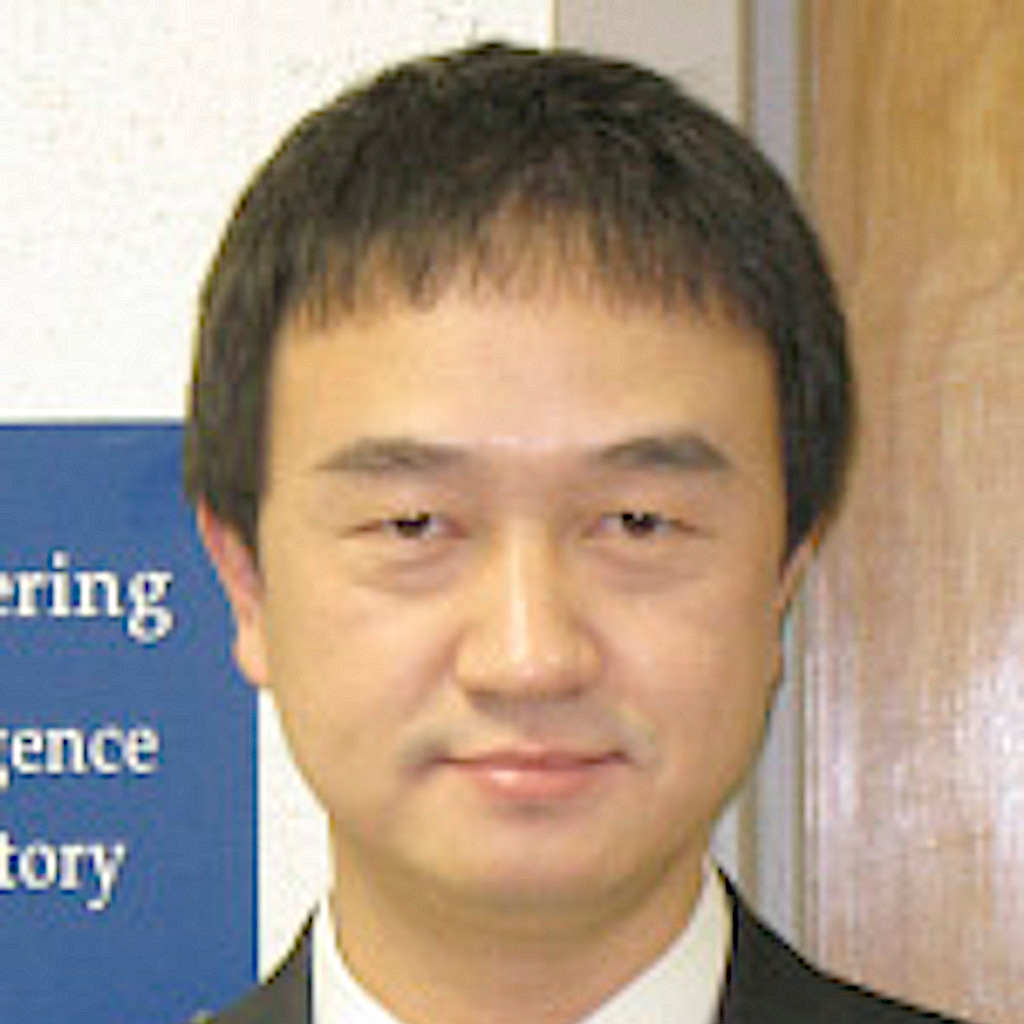Chengyu Cao
Associate Professor
Dr. Chengyu Cao has been a faculty member at the School of Mechanical, Aerospace, and Manufacturing Engineering since 2008. Prior to joining the university, he served as a research scientist in the Department of Aerospace and Ocean Engineering at Virginia Tech. Dr. Cao earned his Ph.D. in Mechanical Engineering from the Massachusetts Institute of Technology (MIT) in 2004, following his B.S. in Electronics and Information Engineering from Xi’an Jiaotong University, China, and his M.S. in Manufacturing Engineering from Boston University in 1995 and 1999, respectively.
Dr. Cao’s research expertise spans dynamics and control, adaptive and intelligent systems, and mechatronics, with a focus on unmanned systems and aerospace applications. He is also interested in physics and cosmology, particularly their dynamic behaviors. He co-authored the book “L1 Adaptive Control: Guaranteed Robustness with Fast Adaptation” and has published over 180 papers in journals and peer-reviewed conference proceedings. Additionally, he authored the book series Universes are Black Holes, which includes the following volumes:
- Universes are Black Holes – I: Space, Time, and World Membranes
- Universes are Black Holes – II: Gravitation in a New Perspective
- Universes are Black Holes – III: Dark Energy and Dark Matter Solved
- Universes are Black Holes – IV: Universes are Black Holes
In this series, Dr. Cao introduces a novel theory of world membranes, offering an alternative to both special and general relativity with greater simplicity and improved accuracy. Built on an axiomatic system derived from several concise and physically meaningful principles, the theory is consistent with all current experimental and observational data so far. For example, it demonstrates that frame transformations reduce to Lorentz transformations upon local linearization and predicts phenomena such as motional and gravitational time dilation, as well as length contraction. Unlike relativity, it proves the constancy of light speed measurement locally, rather than assuming it as a fundamental principle.
The world membranes theory also provides precise predictions for phenomena such as planetary precession and gravitational lensing, while reverting to Newtonian mechanics in low-speed and weak-gravity conditions. Simpler than relativity in both core principles and practical applications, the theory bridges gaps between existing theories and experimental results. It resolves open problems such as dark energy and dark matter, and offers solutions to issues like the twin paradox, as well as the flatness and horizon problems. Furthermore, it leads to singularity-free dynamic models of black holes and the evolution of the universe. The world membranes theory also predicts new phenomena that diverge from relativity, which await experimental verification.

| chengyu.cao@uconn.edu | |
| Link | Website |